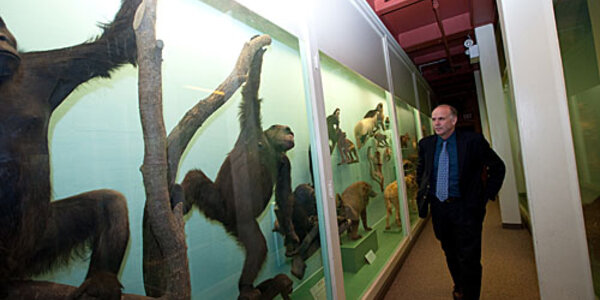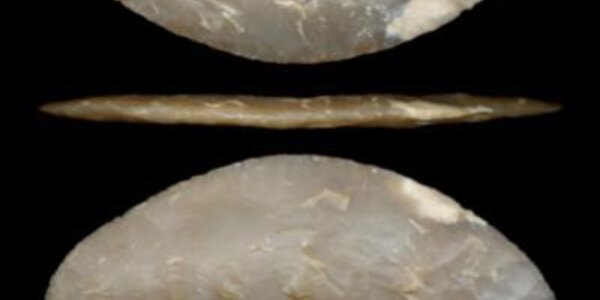How They Networked In The 1600s
Networking and prompt sharing of knowledge are aspects commonly associated with the development of the Internet but intense intellectual exchange and joint work on projects over large distances happened as early as Habsburg times.
The manuscripts of Court Librarian Peter Lambeck, head of Vienna´s Hofbibliothek (Imperial Library), show he was an expert in content management and social networking. The evaluation of his life and work now traces Austria´s role in the "Republic of Letters" - the combined expertise of Europe´s intellectual elite - as early as the 17th century.
Lambeck is…







